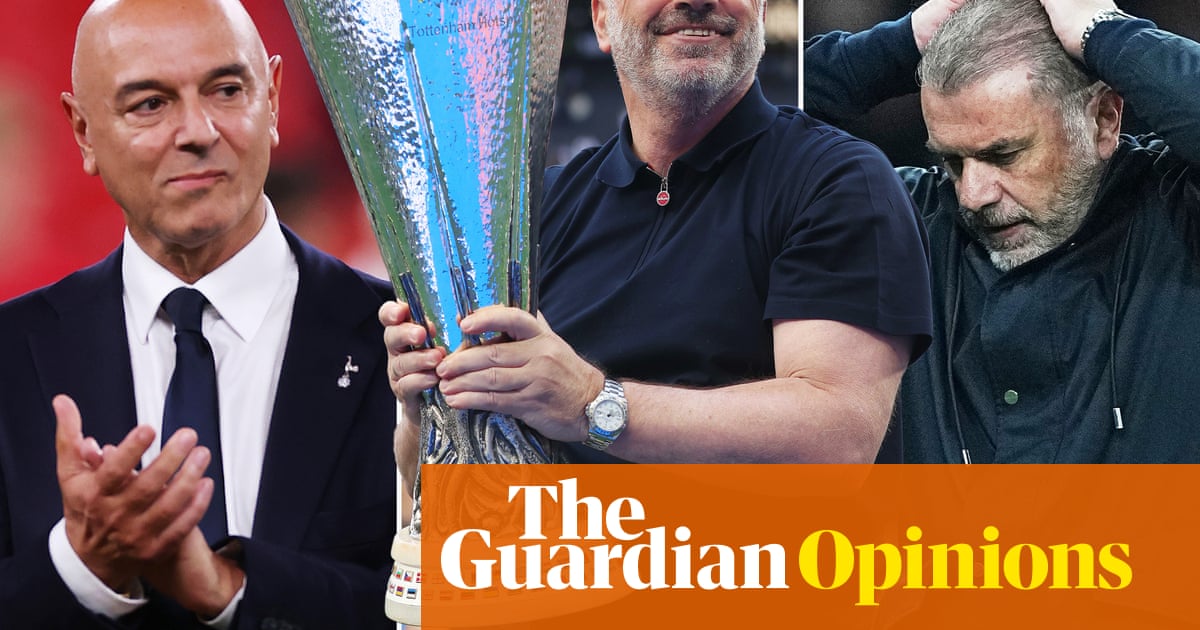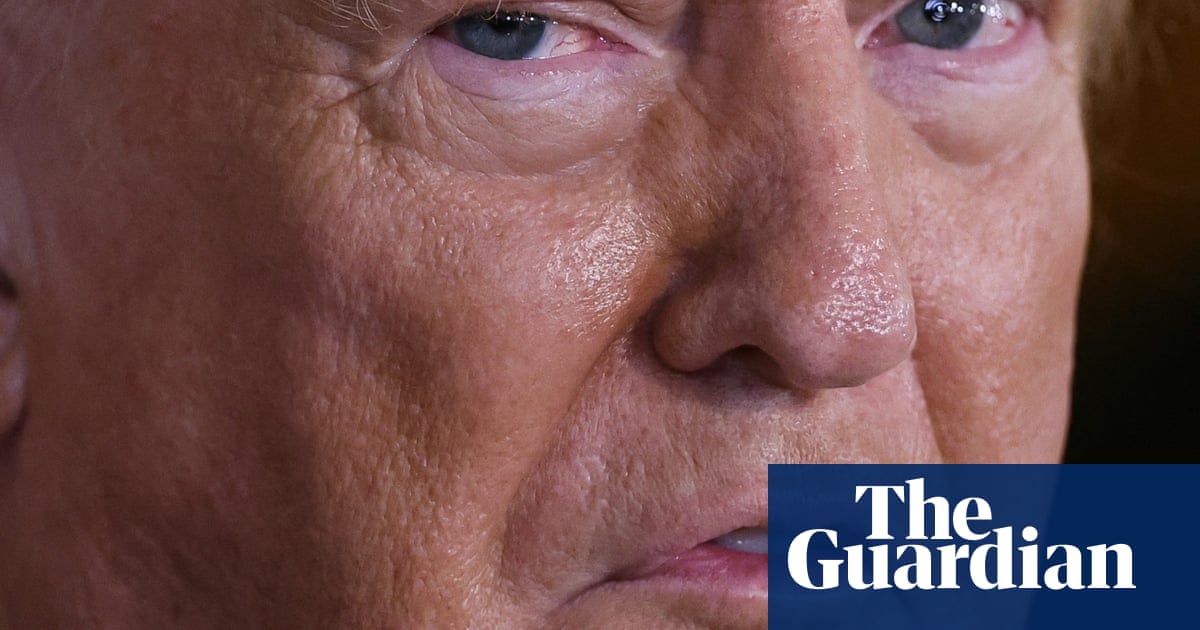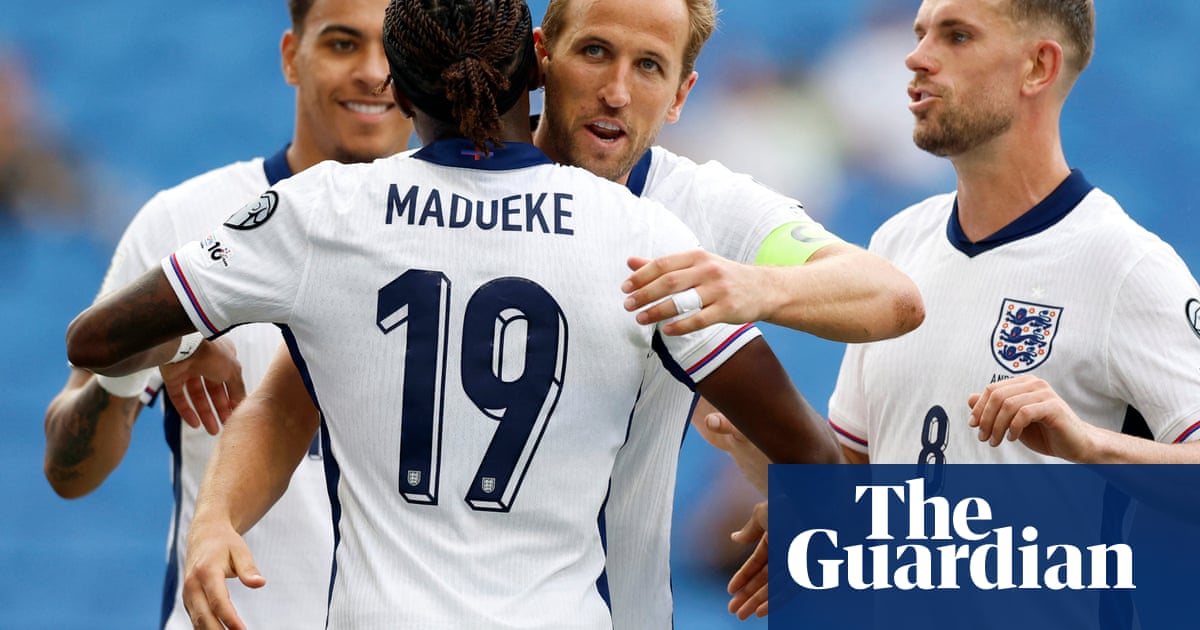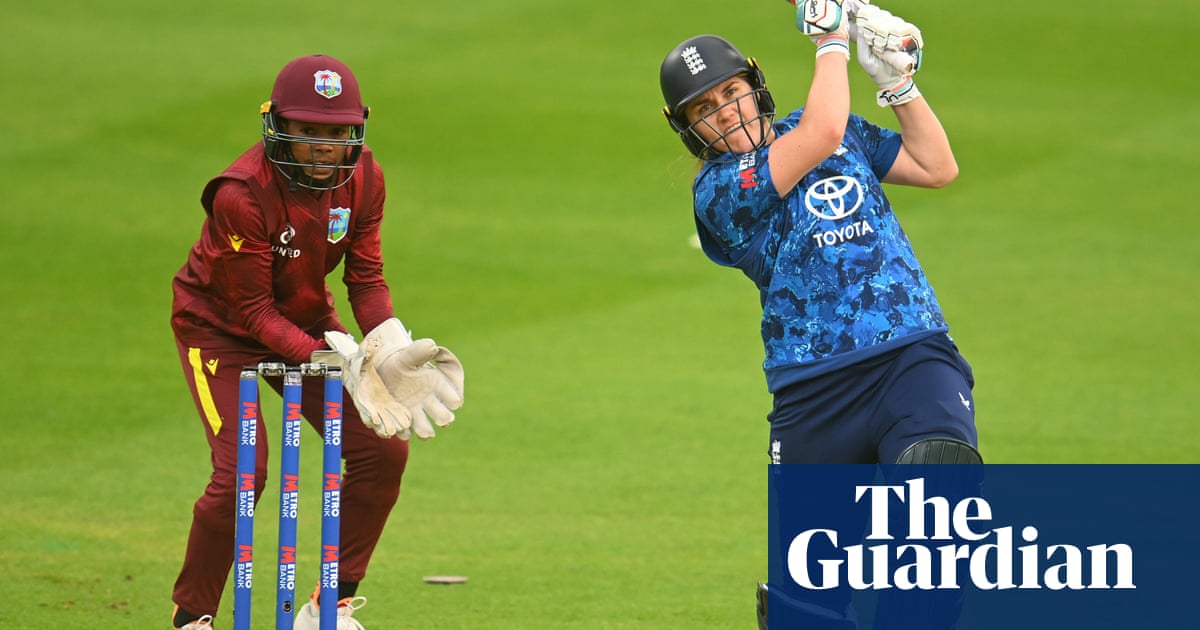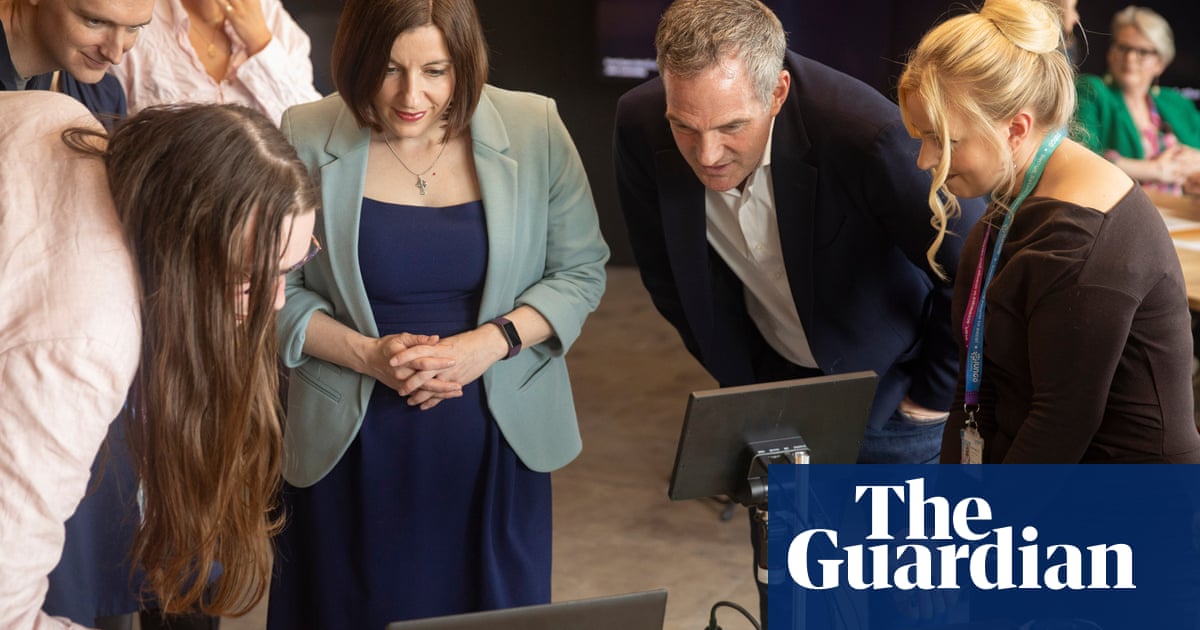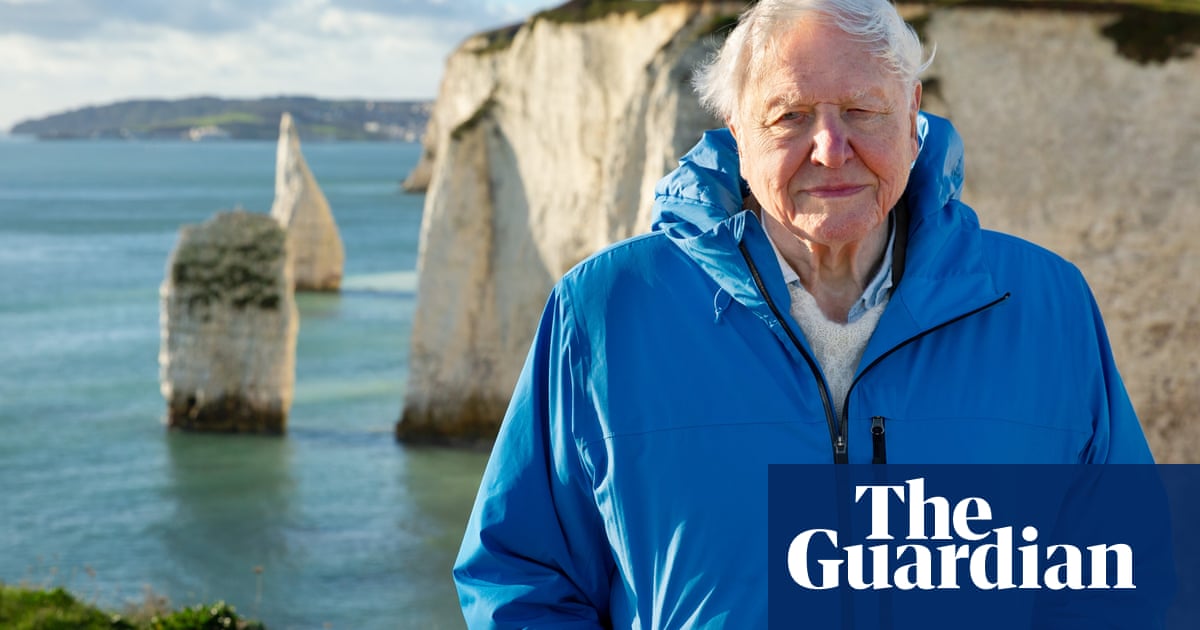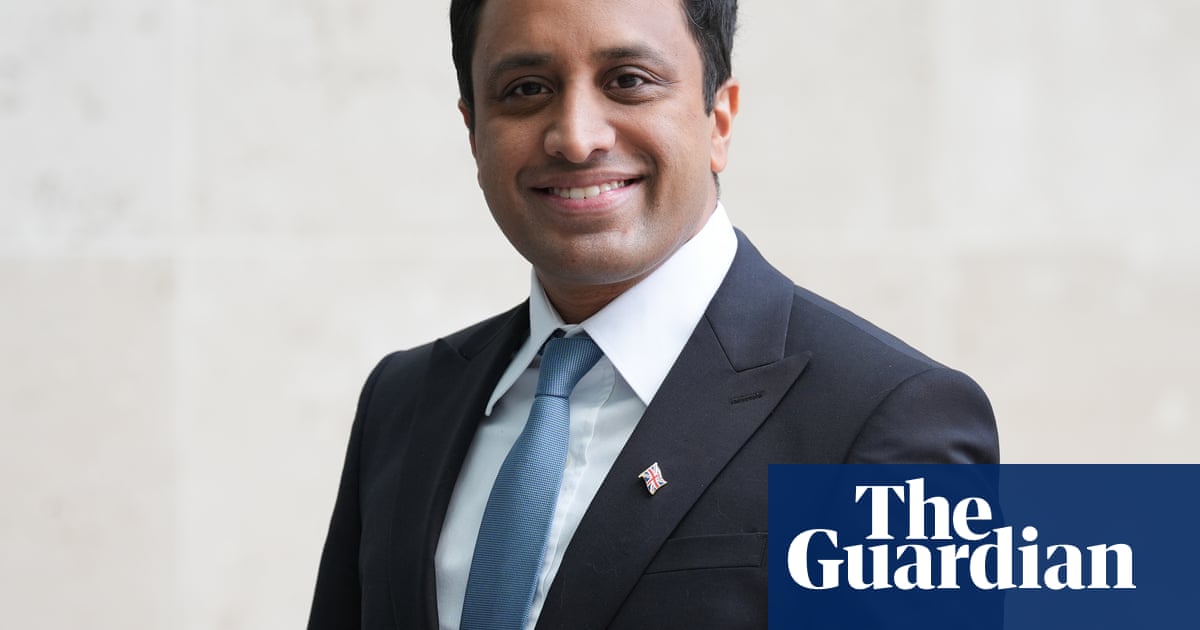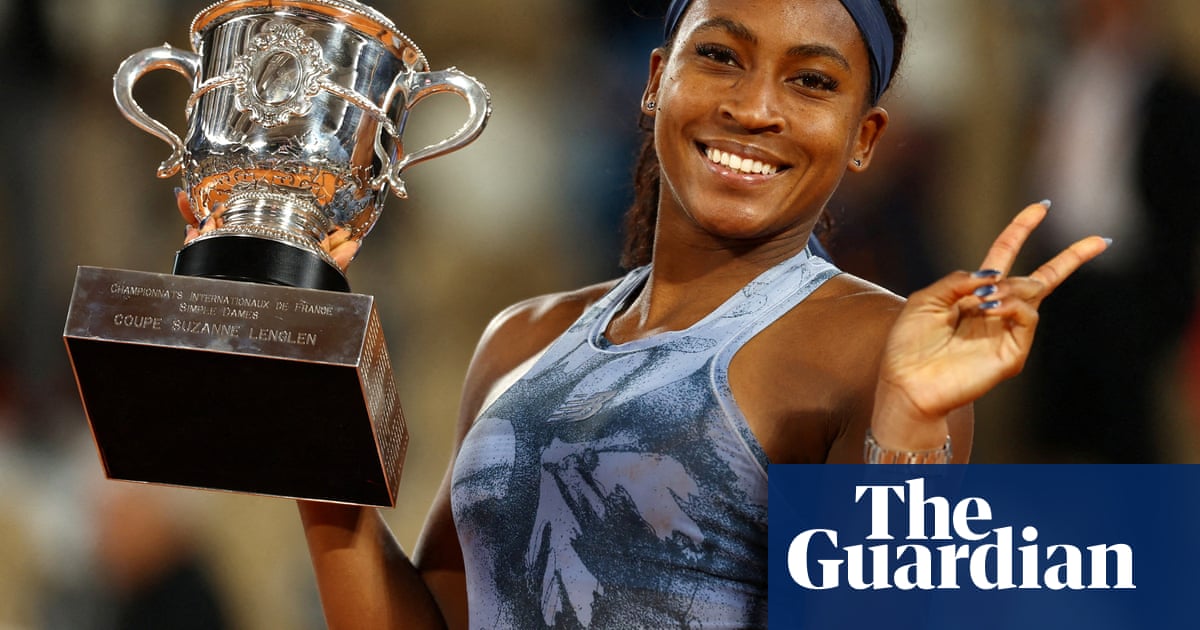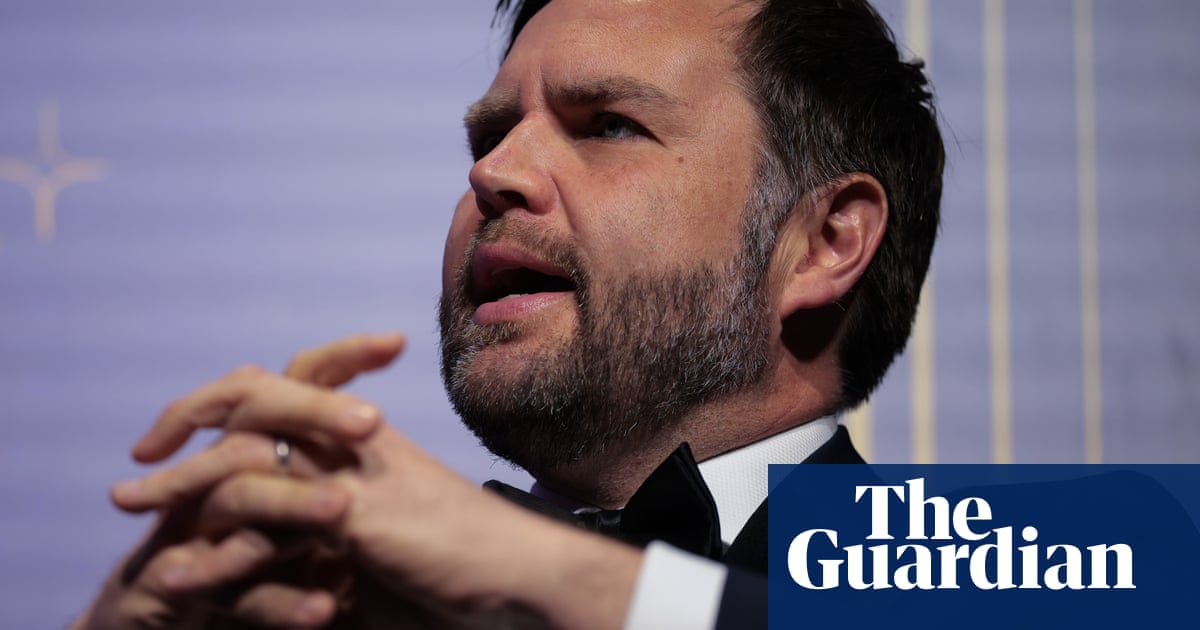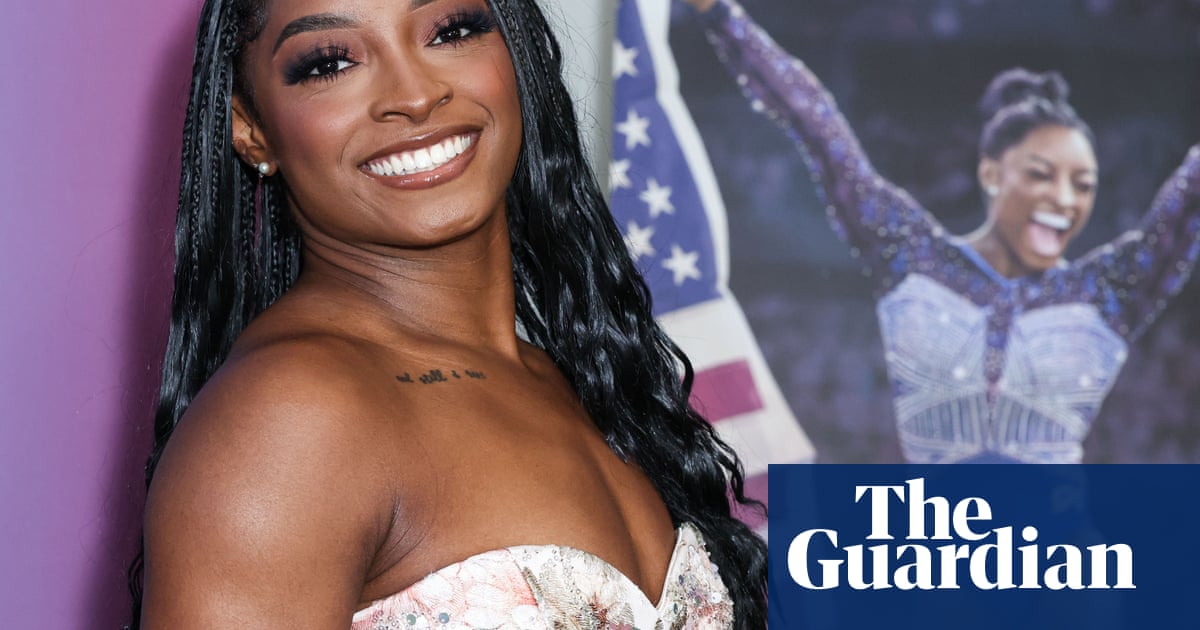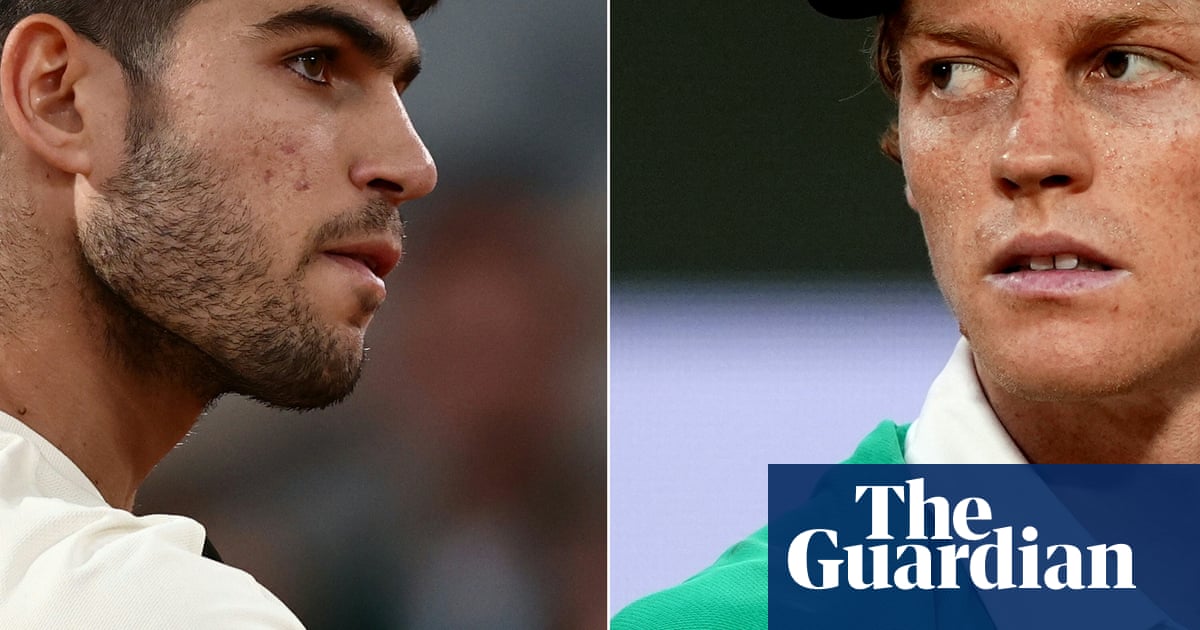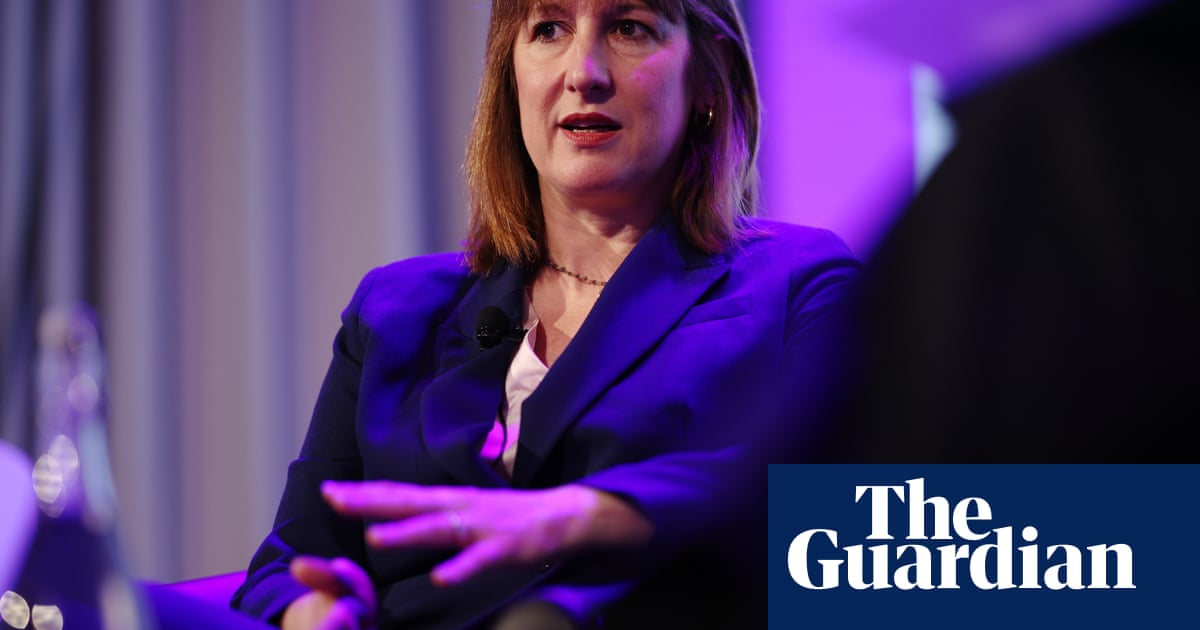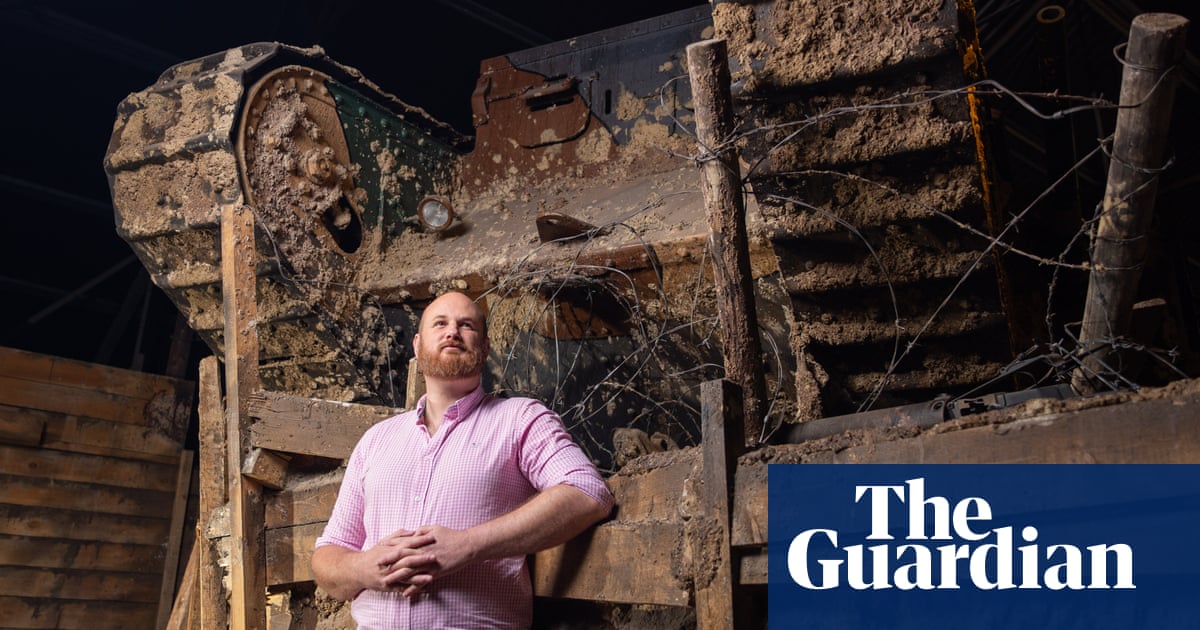If Jim Callaghan and Ted Heath had one thing in common, it was a stodginess that characterised political leaders of the 70s: baggy suits, sweaty faces, leaden delivery. When she succeeded Heath as leader of the Conservative party 50 years ago, and found herself facing Callaghan across the dispatch box, Margaret Thatcher decided she wanted to truly embrace the TV age.
That was how she came to be given “presentation lessons” by no less an actor than Laurence Olivier, who subsequently arranged for her to receive voice coaching from Catherine Fleming, the woman who helped him perfect the basso profundo he needed to play Othello in a celebrated National Theatre production. The influence Olivier had on Thatcher was profound, and it affected the business of politics in this country.
The Thatcher that first walked into Olivier’s London home – shrill, dowdy, unprepossessing – could not have been in greater contrast to the Thatcher who was to emerge from his tutelage: a figure of almost Boudicca-like grandeur and bearing, and in terms of the hair, makeup, outfits and projection, unmistakably theatrical.
In my play When Maggie Met Larry, I imagine how Olivier set about the transformation and throw the spotlight on a collaboration that has, until recently, been a closely guarded secret. Thatcher and Olivier never spoke publicly about it – neither accords the other a mention in their memoirs – and it was only towards the end of his life that Lord Tim Bell, one of Thatcher’s image gurus, confirmed that the two larger than life characters had met.
Olivier would have considered it infra dig to bill Thatcher for his counsel, but the National Theatre still holds invoices that Fleming submitted to the Conservative party for the services she had rendered to the future prime minister. There is affectionate correspondence, too, between her and Gordon Reece, the former TV executive who was also in Thatcher’s retinue. One is topped and tailed “My dear Kate” and “Love, Gordon”.
Derek Jacobi , himself a protege of Olivier, plays him in When Maggie Met Larry, and was among a small circle who knew about the meetings. Of course they had to be kept secret at the time – the Tory party initially denied they had taken place – because they struck at the heart of Thatcher’s image as an ordinary “housewife”.
In the play, Thatcher admits she feels uncomfortable about having to take lessons from Olivier – and I suspect this was the case – as she would have remembered a time when politics wasn’t about performance but policies; when newspapers would reproduce important politicians’ speeches in full and all that mattered was intellectual rigour.
Still, the real Thatcher pragmatically gathered around her individuals who knew all about performance. Bell was a consummate image-maker and Reece had worked on ITN’s News at Ten and produced religious programmes and chatshows. Her conference organiser, Harvey Thomas, formerly choreographed prime-time rallies for the US evangelist Billy Graham. Her speechwriter, Ronald Millar, was an actor turned playwright who’d had one of his plays, Waiting for Gillian, performed by Olivier’s production company.
Political leaders had in the past either been victims of the cameras – Alec Douglas-Home, the short-lived Tory prime minister of the 60s, was said to look like a skeleton under the unforgiving studio lights – or come, after some application, to triumph over them, most notably Winston Churchill. It’s telling that he also kept company with Olivier – a lifelong, if discreet, Conservative – and sometimes even appeared to be competing with him. Olivier, in his memoirs, recalls how, as he was playing Richard III on stage, he could hear Churchill in the stalls quietly saying the words in unison with him.
In the general election of 1979, Callaghan was slow to appreciate how Thatcher’s training had changed her. On TV, the Labour leader was as awkward and ill at ease as ever, whereas Thatcher – all of a sudden commanding and immaculately groomed, made-up and costumed – had become a ruthless scene-stealer who knew how to deliver the lines that Millar had written to maximum effect.
Under Thomas, her conferences and political gatherings became TV spectaculars with her as the star turn. A journalist from the Glasgow Herald saw in one London rally the “razzmatazz of an American presidential-stye jamboree” and stated “nothing quite like it has been seen before in a general election”.
The only critics who concerned Thatcher were at the ballot box, and they gave her what amounted to a rave review. The 5.2% swing she achieved in that election was the largest since 1945. A range of factors, of course, contributed to the result – not least the dire state of the economy and that the country was in the mood for change – but it helped enormously that Thatcher had begun to look and sound like a leader.
What Olivier had begun with Thatcher reached its apogee not long afterwards in the US, when the professional actor Ronald Reagan assumed the presidency. Labour, under its new leader, Neil Kinnock, had no alternative but to focus on its own act, and its “red rose” revamp ensued with Hugh Hudson – the director of Chariots of Fire – brought in to direct the famously slick Kinnock: The Movie campaign ad.
Olivier can’t be blamed for what’s happened to our politics – he was simply equipping Thatcher with the tools to handle an inexorable process that had begun with the advent of TV. But he understood that, so far as millions of viewers were concerned, Downing Street was starting to seem like just another road off Coronation Street, and both the long-running soaps required capable actors.
Not all the prime ministers who succeeded Thatcher entirely got that message, but it’s striking that the ones who were most oblivious to it – most recently Gordon Brown, Theresa May and Rishi Sunak, all throwbacks to that early 70s stodginess – struggled with their personal popularity ratings.
For all the best efforts of Leonie Mellinger, the former Royal Shakespeare Company actress that Keir Starmer has turned to for voice training, there’s still a unmistakable stodginess about him too. And that does not perhaps augur well.
-
Tim Walker is a writer and broadcaster whose debut play Bloody Difficult Women was performed in London and Edinburgh in 2022. His play When Maggie Met Larry will be on Radio 4 at 3pm on 15 February and iPlayer

 3 months ago
76
3 months ago
76


